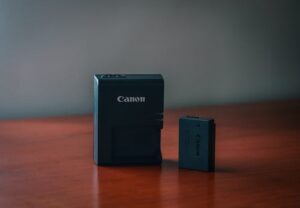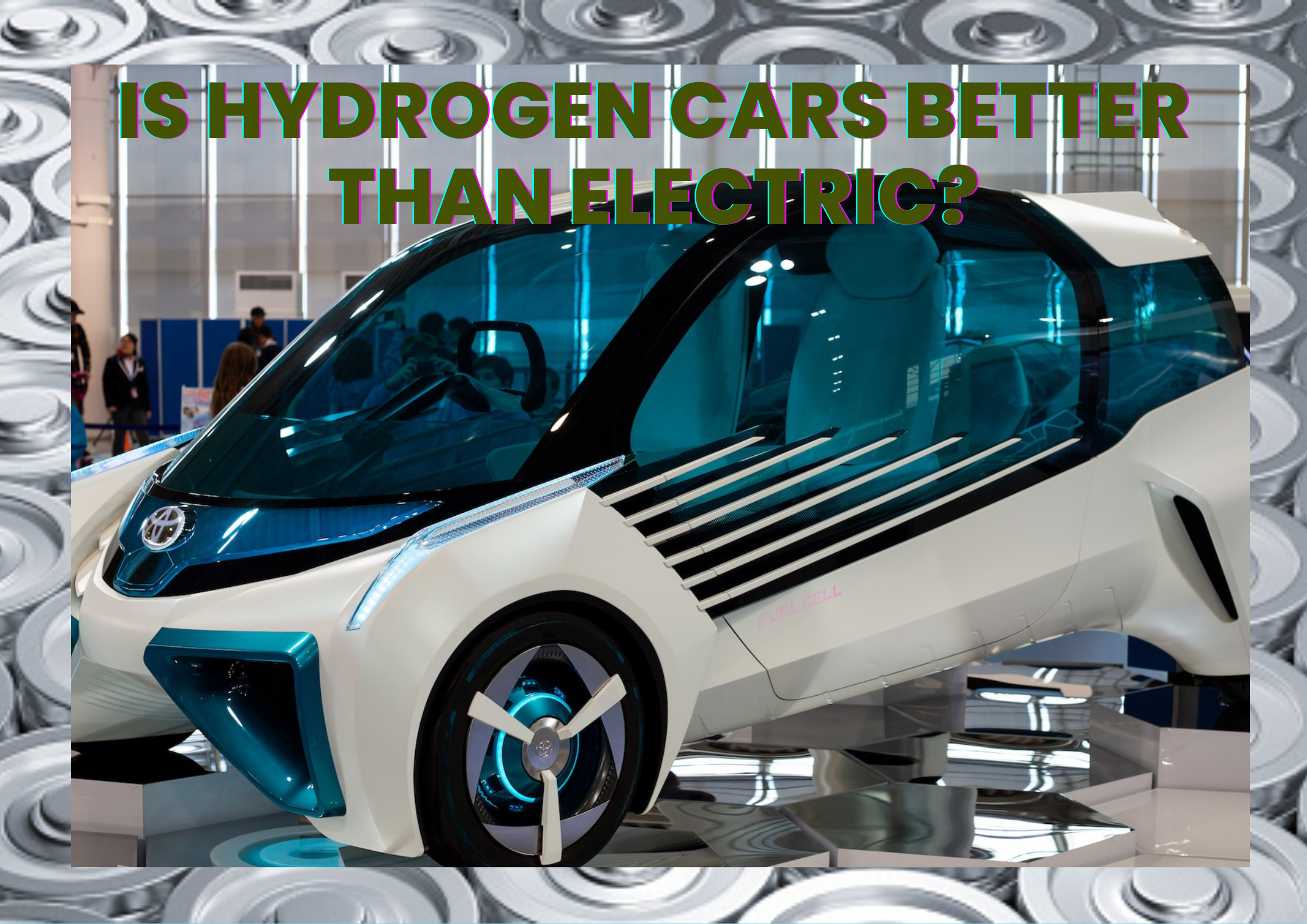Ev Battery Swapping
Emple said he’s working with five automakers, let alone which one, to build cars with battery designs that work with the company’s battery swap stations. The company says its sites can replace special vehicle modules and batteries within 10 minutes. Chinese electric-car maker NIO has embraced the concept, launching a “battery-as-a-service” service for Chinese customers, and startup Ample now operates five battery swap stations in the San Francisco Bay, mostly serving Uber drivers.
While EV batteries have improved over the past decade, Ample believes the swap will be welcomed by fleet managers, delivery companies, service providers, and drivers. Jeremy Michalek, director of Carnegie Mellons Vehicle Electrification Group, called battery replacements a relic of a bygone era, noting that most new electric vehicles have a range of more than 200 miles and can be recharged in 35 minutes or less. Fleet managers can avoid the cost of installing multiple charging stations, and their vehicles can be charged at the gas station in minutes instead of hours.
 Owners can also spend less time connecting to a charging station if they’re not staying overnight at home or in a hotel. Last but not least, owners can choose to buy a smaller battery when they don’t need to drive long distances, but opt for a larger battery with more range when they are on vacation for two weeks of the year. Additionally, users have more different battery sizes to choose from at the Power Swap station, so they can upgrade or downgrade their subscription as their driving needs change.
Owners can also spend less time connecting to a charging station if they’re not staying overnight at home or in a hotel. Last but not least, owners can choose to buy a smaller battery when they don’t need to drive long distances, but opt for a larger battery with more range when they are on vacation for two weeks of the year. Additionally, users have more different battery sizes to choose from at the Power Swap station, so they can upgrade or downgrade their subscription as their driving needs change.
In addition to exchange stations and chargers, users can choose between different battery capacities thanks to the Battery as a Service (BaaS) program. Over the past year, NIO has significantly accelerated its innovative battery replacement technology for electric vehicles with the introduction of a new Battery-as-a-Service (BaaS) subscription model and NIO Power Swap Station 2.0.
Battery replacement, once considered obsolete due to the ability to quickly recharge on the go, is making a comeback with the world’s largest battery supplier, CATL, starting a whole business around it. The company raised a $160 million Series C funding round in August and a $50 million investment in November, bringing its total backing to $280 million. But now a startup called Ample has raised $160 million to try and make it work, first for commercial vehicles and then possibly for cars and SUVs.
Later, last August, the company revealed that the Maple van would be called the 80V and would come with replaceable batteries. Last July, Xin Guobin, Vice Minister of China’s Ministry of Industry and Information Technology (MIIT), said that MIIT would continue to actively build infrastructure for charging electric vehicles and replacing batteries.
At the same time, electric vehicle manufacturers have improved the technology of batteries and charging stations. In 2007, Better Place partnered with Renault to launch a new electric sedan with robotic battery service stations scattered across Israel and Denmark.
The modular approach has made it possible to build battery exchange stations with little initial investment. In addition, the heavy investment needed to develop the charging and replacement infrastructure meant that users often had to travel long distances to replace batteries, limiting customer satisfaction. In addition, the lack of proper public charging stations for electric vehicle charging and the lack of standardization of the charging infrastructure are also fueling the demand for battery replacement stations.
Battery change stations offer a faster range solution as each battery change takes less than 10 minutes and requires much less installation space than charging stations. By removing and recharging dead batteries during off-peak hours, or using electricity from renewable energy sources to recharge them before replacing them, Ample can help fleets meet environmental goals and reduce energy costs. Currently only available to car owners of this brand, the equipment can remove a dead battery and replace it with a fully charged one in three minutes – significantly faster than even the fastest chargers, and with the same approximate refueling rate.
The twist of many previous battery replacement ideas is that instead of replacing one large battery, the system instead replaces several smaller battery packs during replacement. The modules are lighter and easier to replace than conventional battery packs. Making the battery pack tightly integrated into the car can allow automakers to achieve the best possible optimization; they run the software that manages the package, physically integrate it into the layout, knowing that every centimeter counts when it comes to energy density.
In the swap model, trucks would have to transport batteries between stations, and complex equipment would require much more maintenance than chargers, which have few moving parts (and as network operators are beginning to realize, even keeping these devices relatively simple is not a task. ). small task). As noted in the video (and as I have pointed out several times), the ideal situation would be if battery sizes, connectors, and outlets could be standardized, in modular units, so that battery change stations could be as versatile as car service stations are today. However, it makes sense to have quick battery change stations on hand to reduce maintenance downtime. The need for frequent battery replacement or replacement operations to restore energy storage capacity decreases as battery density increases and the network of fast compressors expands.
Well, we will be closely monitoring the progress of NIO battery replacement to see if it offers an important long-term competitive advantage as the range of electric vehicles, charging speeds, and availability of fast charging infrastructure also improve. In addition, the rapid emergence of general electric mobility and the introduction of innovative and advanced models and services for battery trading by market participants are among the factors that should offer profitable growth opportunities for the electric vehicle battery trading market during the expected period. The agreement states that NIO and the energy giant “will jointly build and operate battery charging and replacement facilities.” Major profile companies in the EV battery market include Amara Raja, Amplify Mobility, ChargeMYGaadi, EChargeUp Solutions Pvt Ltd, Esmito Solutions Pvt Ltd, Gogoro, Inc., Lithion Power Pvt Ltd, NIO, Inc., Numocity, Oyika Pte Ltd, Panasonic India Pvt.


